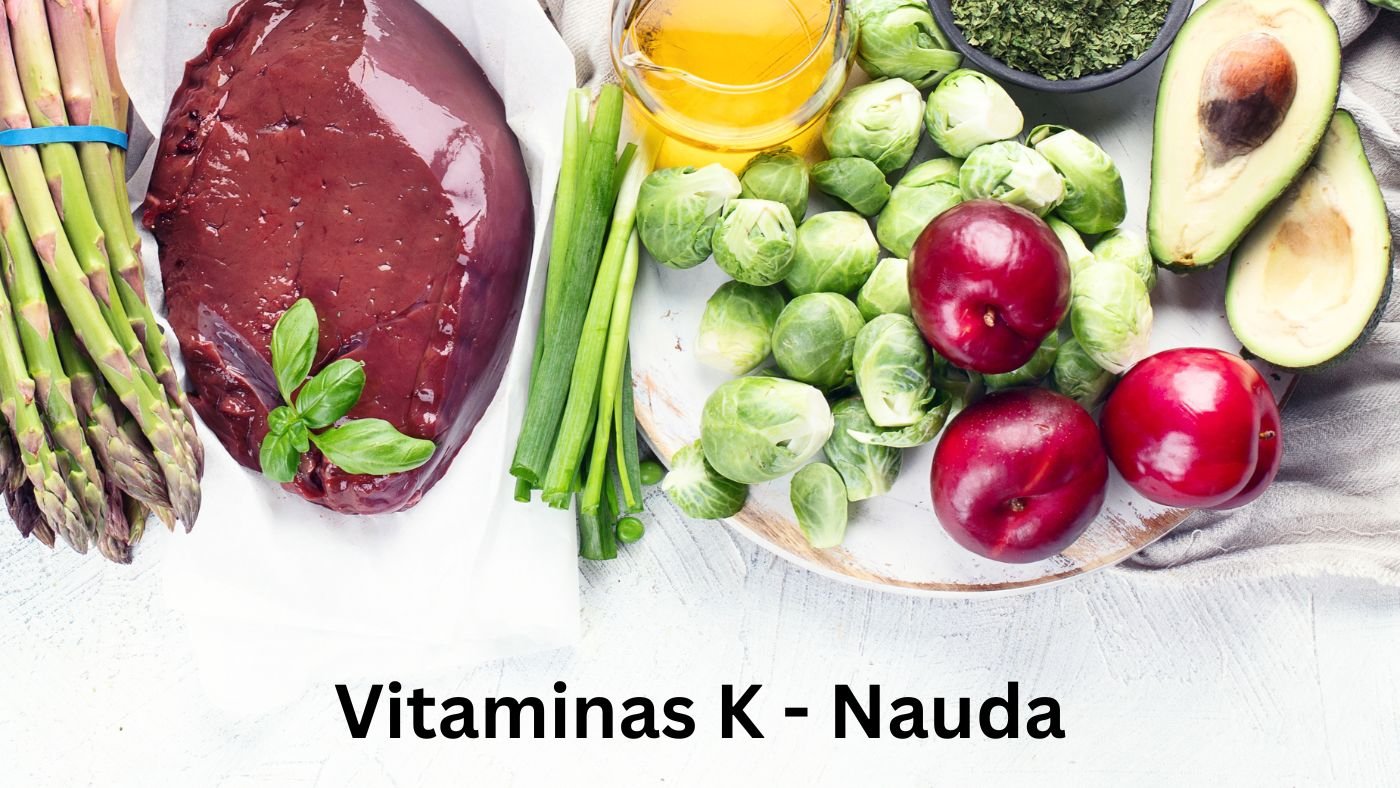Vitamin K plays a key role in helping blood to clot, thus preventing excessive bleeding. Unlike many other vitamins, vitamin K is not usually used as a dietary supplement.
Vitamin K is actually a group of compounds. The most important of these compounds appear to be vitamin K1 and vitamin K2. Vitamin K1 comes from leafy greens and some other vegetables. Vitamin K2 is a group of compounds found mainly in meat, cheese and eggs.
Recently, some people have started looking to vitamin K2 for osteoporosis and steroid-induced bone loss, but the research is conflicting. Currently, there are insufficient data to recommend the use of vitamin K2 in the treatment of osteoporosis.
Why do people take vitamin K?
Low levels of vitamin K can increase the risk of uncontrolled bleeding. Although vitamin K deficiency is rare in adults, it is very common in newborns. A single injection of vitamin K for newborns is standard. Vitamin K is also used to neutralize blood thinners to reduce the risk of overdose.
Although vitamin K deficiency is uncommon, you may be at increased risk if you:
- You have a disease that affects absorption in the digestive tract, such as Crohn's disease or active celiac disease
- Take medications that interfere with vitamin K absorption
- You have a very poor diet
- You drink a lot of alcohol
In such cases, a health professional may suggest vitamin K supplements.
The use of vitamin K for cancer, symptoms of morning sickness, removal of spider veins, and other conditions is unproven.
How Much Vitamin K Should You Take?
| Age | The right amount |
| Children 0-6 months | 2 micrograms/day |
| Children 7-12 months. | 2.5 micrograms/day |
| Children 1-3 | 30 micrograms/day |
| Children 4-8 | 55 micrograms/day |
| Children 9-13 | 60 micrograms/day |
| Women | 90 micrograms/day |
| Men | 120 micrograms/day |
No adverse effects have been observed when obtaining vitamin K from foods or supplements. However, this does not rule out the danger if it is used in higher than recommended doses.
How to get vitamin K
Good natural sources of vitamin K include:
- Vegetables such as spinach, asparagus and broccoli
- Legumes such as soybeans
You can also meet your daily requirement with foods that are lower in vitamin K:
- Eggs
- Strawberries
- Meat
What are the risks of taking vitamin K?
Side effects of vitamin K when taken in recommended doses are very rare.
Interfacing with others. Many medications can interfere with the effects of vitamin K. They include antacids, blood thinners, antibiotics, aspirin, and drugs for cancer, seizures, high cholesterol, and other conditions.
Risk. You should not take vitamin K supplements unless prescribed by a health professional for a specific reason.
People taking medications to treat heart problems, clotting disorders, or other conditions may need to watch their diet closely to control their vitamin K levels.
Useful information about vitamins can be found in the category - Natural vitamins.
It is important to rememberthat everyone's health is individual and there is no common recipe for everyone!
So, if you want to know what nutrients your body might be lacking right now, health professionals recommend a guide – "Your Day".
- In time, pay attention to the signals sent by your well-being
- Replenish the body with natural minerals, vitamins and nutrients necessary for health.
- Enjoy energy and good mood everyday!
Sources:











